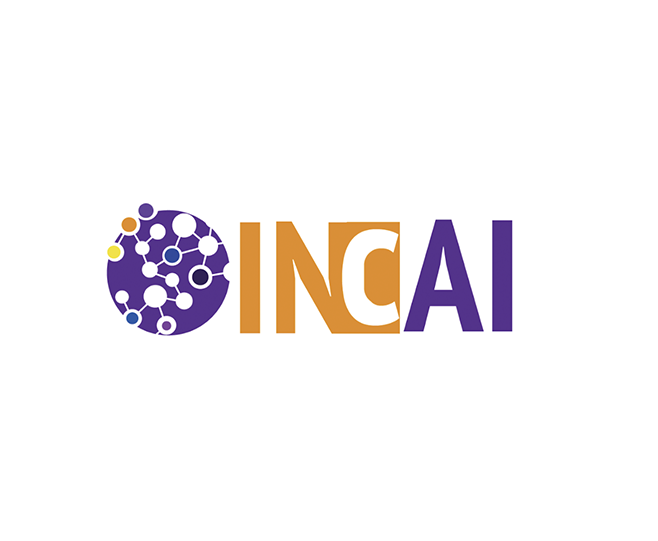
INCAI – Inclusive Artificial Intelligence
Project Number: 2020-1-UK01-KA204-079191
Timespan of the Project: 01-09-2020/ 31- 08 – 2022
Project E-mail: info@ceipes.org
Financial Program: Erasmus+
Objectives
- To compare, share and identify and promote good practice that can enhance the inclusion of adults from disadvantaged groups in education and learning.
- To enhance the provision of good quality learning opportunities to adult’s learners in particular those from excluded groups.
- To contribute to social inclusion in education across the EU using Artificial Intelligence.
- To develop and broaden the competences of adult education providers and organisations working with adult learners from excluded groups.
- To demonstrate the significant role Artificial Intelligence technology can play in improving inclusion in learning in current practices across EU.
- To present identified best practices and develop guidelines on how to prepare Artificial Intelligence wireframes.
- To drive social change and contribute to future development of inclusive Artificial Intelligence in education by producing sustainability plans for inclusive Artificial Intelligence tools co-produced in partner countries across the EU and by providing local, regional, national and EU level dissemination activities.
Activities
- 6 transnational meetings with 96 participants – 16 per meeting.
- 2 short-term joint training events with 48 participants – 24 per event from 8 partners.
- At least 8 identified examples of good practice in inclusive Artificial Intelligence.
- Creation of guidelines on how to produce an Artificial Intelligence wireframe for inclusive education.
- Usability plan for 8 Artificial Intelligence wireframes produced as a result of local co-production which can be replicated for identified target groups across the EU to improve access to education for adults from marginalized and disadvantaged groups.
Results
- To increase the inclusion of adult learners.
- To increase ICT skills and competences for adult learners.
- To increase competences and skills for educators in partner organizations.
- To increase the capacity of partner organizations to serve adult learners from disadvantaged groups.
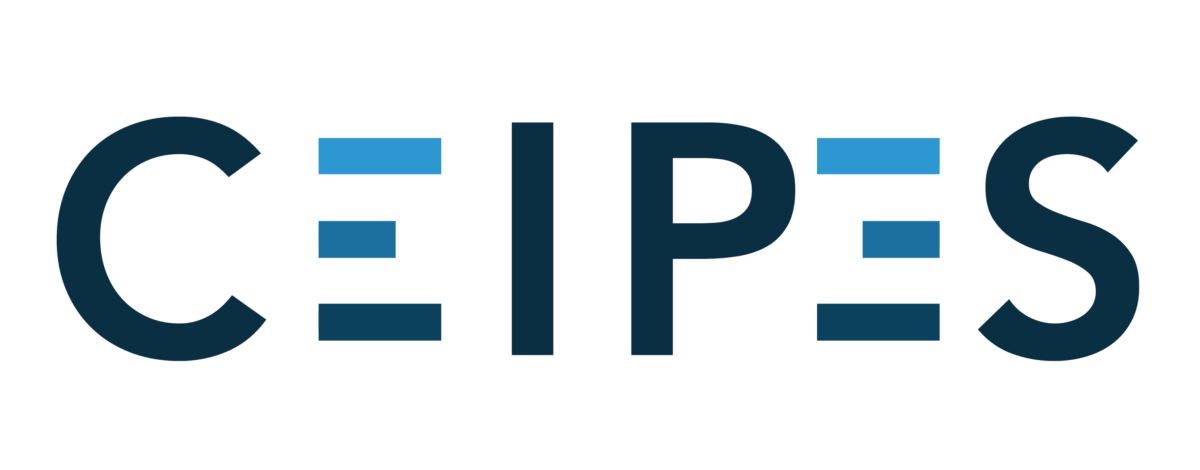
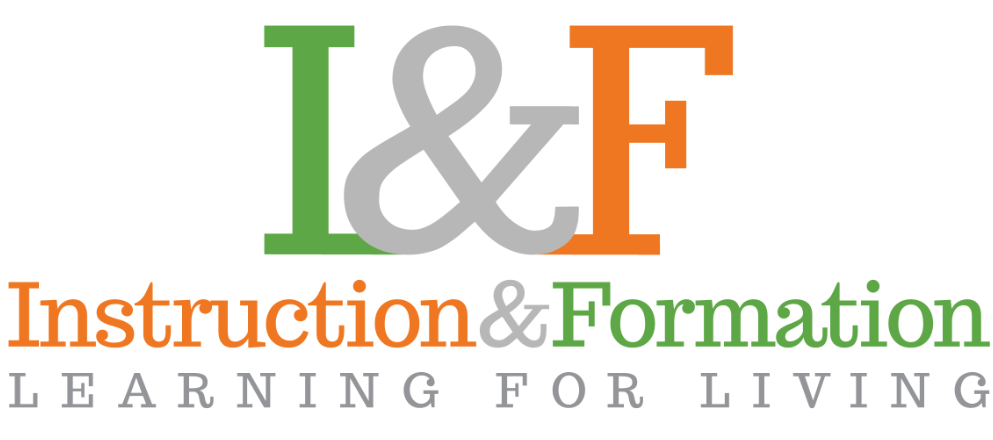
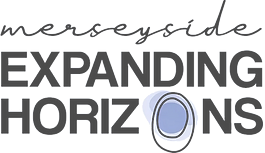



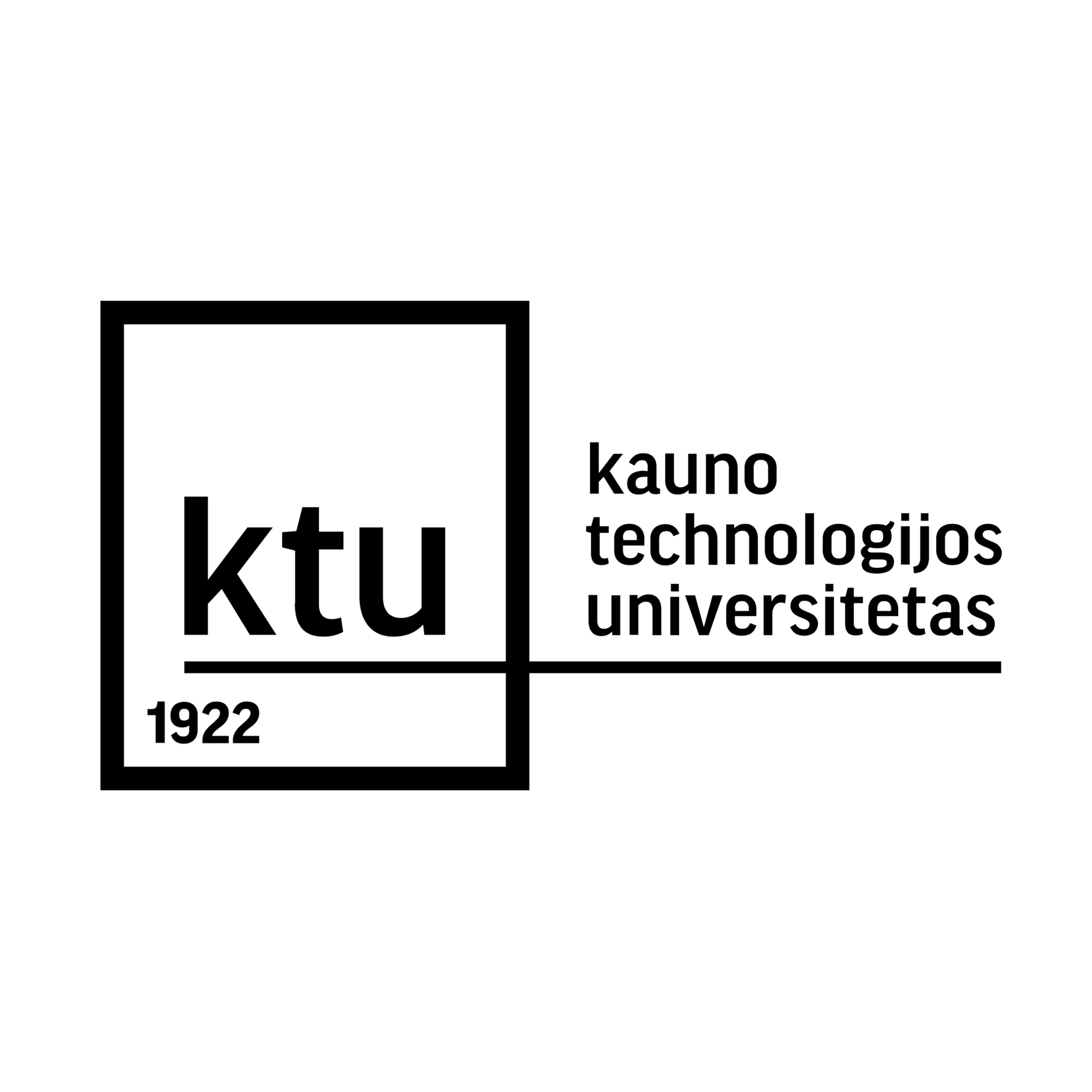
The European Commission's support for the production of this publication does not constitute an endorsement of the contents, which reflect the views only of the authors, and the Commission cannot be held responsible for any use which may be made of the information contained therein.
